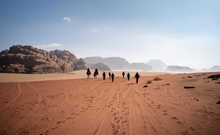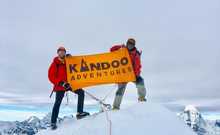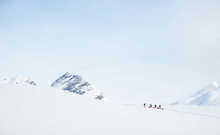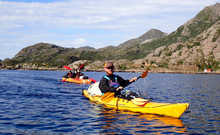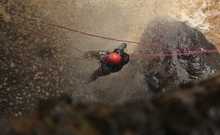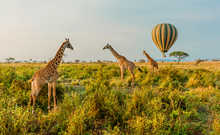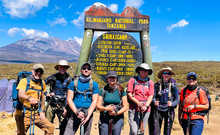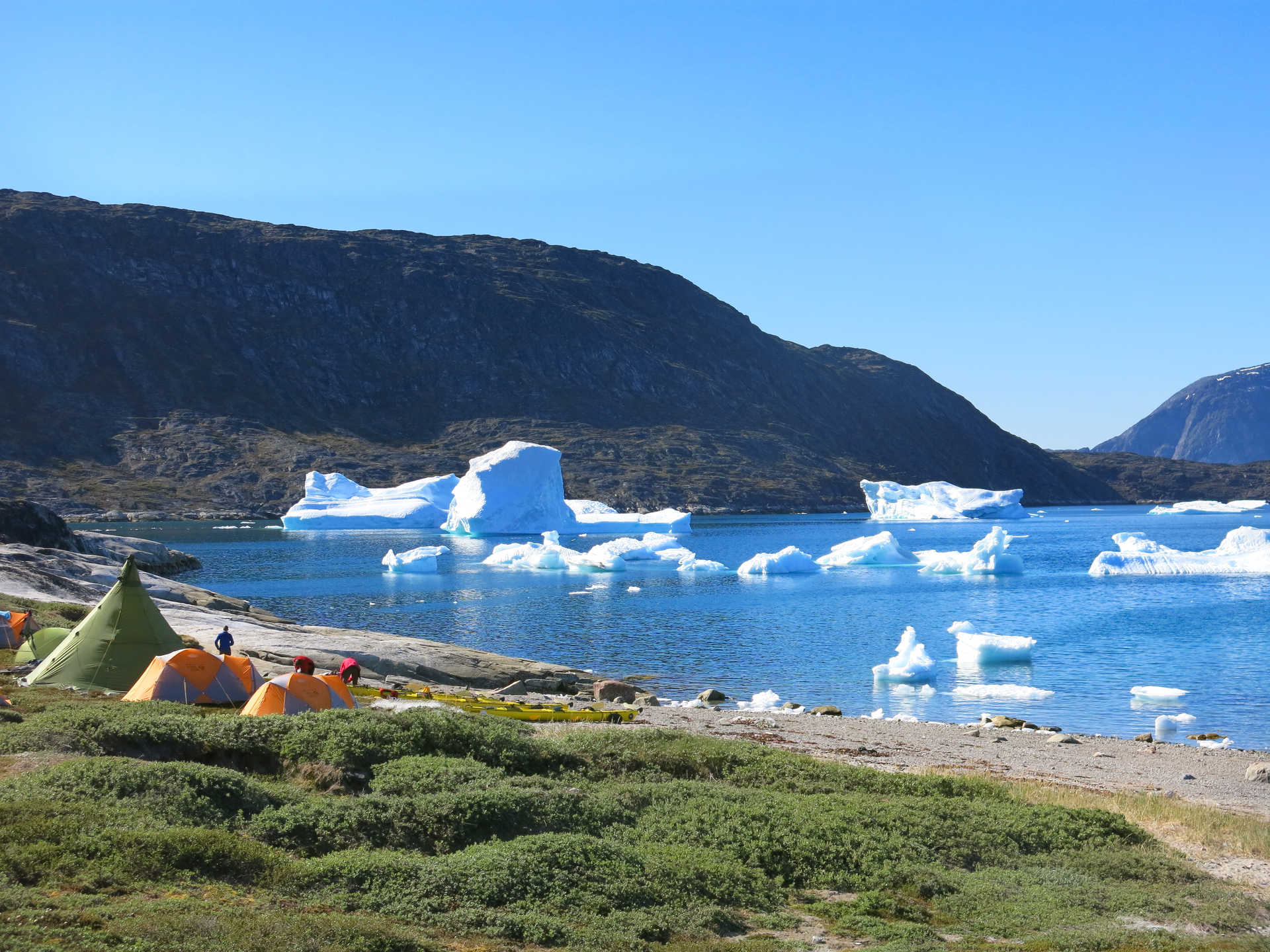If you’re familiar with our blogs, you’ll know that we like to take a light-hearted approach to telling you inspiring stuff about high-altitude trekking. Sometimes, though, there are subjects that we need to take a little more seriously. First up, this excerpt from the Evening Standard back in Friday 31 March 2017 underlines a key problem you have heard of:
'A major clean-up operation is under way on Mount Everest as climbers help to remove tonnes of waste. Rubbish, human waste and old equipment including tents and bags litter the world’s highest mountain. The Nepal government and Everest expedition organisers are now asking climbers to pick up rubbish and leave it in canvas bags at a camping site on the Himalayan mountain. […] More than 16 tonnes of litter has previously been removed from the mountain, sometimes described as the “world’s highest garbage dump”.'
Now I don’t know about you, but reading that makes us feel a little bit sad. There really is NO EXCUSE for littering Mount Everest. Not that this problem is confined to the world’s most iconic mountain.
According to a 2016 report by the United Nations, visitors to Peru’s Machu Picchu leave behind an estimated 14 tonnes of rubbish – including fruit peel and cores, plastic bottles and drinks cans – every single day. In fact, to some degree, every great high-altitude trekking destination is going to be impacted by the presence of visitors.
We want to make sure that we only make a positive impact on the places we visit. Neither the Inca Trail, Kilimanjaro, Aconcagua nor any other trekking destination are rubbish dumps; it’s our privilege to have the opportunity to trek them, and our responsibility is to leave them for others to enjoy after us. We can enjoy the world without harming it: it’s all about responsible travel...
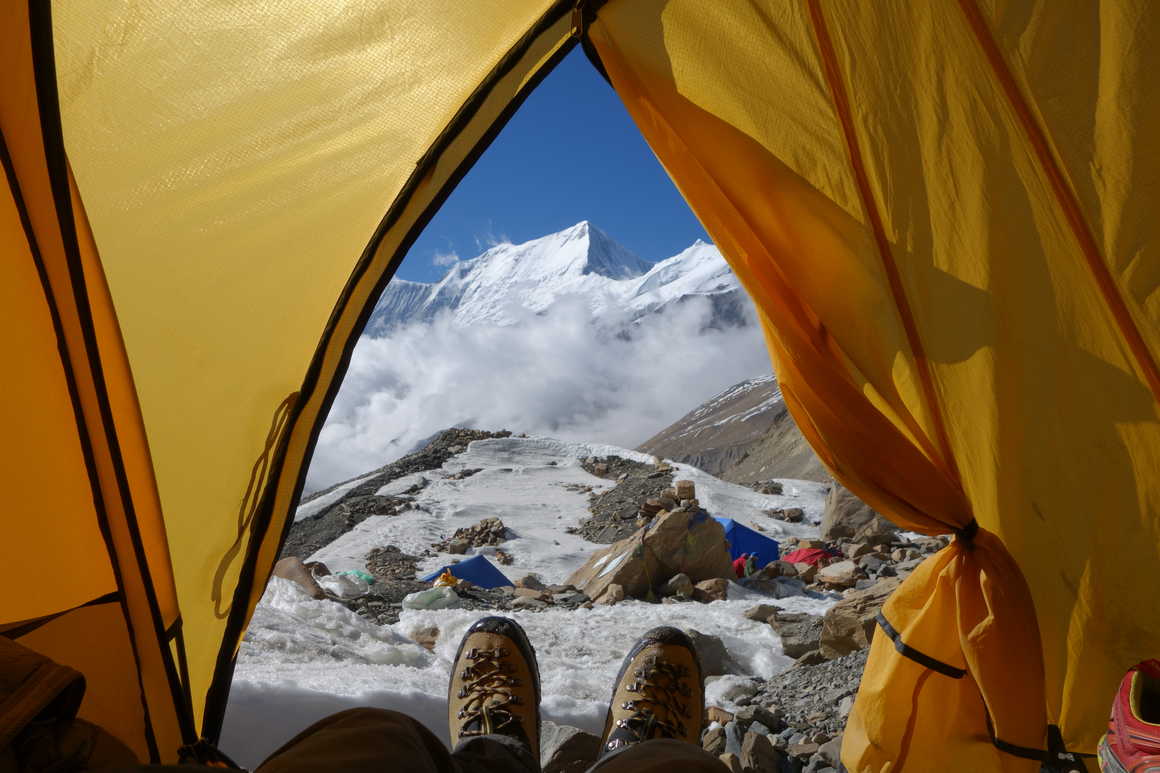
Top tips for trekking and travelling responsibly
In tourist gift shops across the world you’ll find shirts, beer mats, tea-towels and other items bearing the sentiment “Take only memories, leave only footprints”. Not a phrase that will be everyones taste, but those six words pretty much sum up the core of responsible travel.
There’s a bit more to travelling and trekking responsibly than taking memories and leaving footprints. For example, high-altitude trekking typically involves jetting off to exotic faraway places such as Bhutan, Tanzania or Nepal. Every destination has its own cultures, customs and laws that should be respected by visitors. These can be anything from not pinching seashells from a beach or picking local wild flowers to making sure that you dress appropriately or remove your shoes before entering a sacred site.
It’s always a good idea to read up on a place before you visit, to give you some good insight into what to expect and how to ‘do the responsible thing’ when you get there. Additionally we’ve put together a handy list of general tips that will help you to put your best trekking foot forward when it comes to being a responsible traveller:
Take ownership of your trash
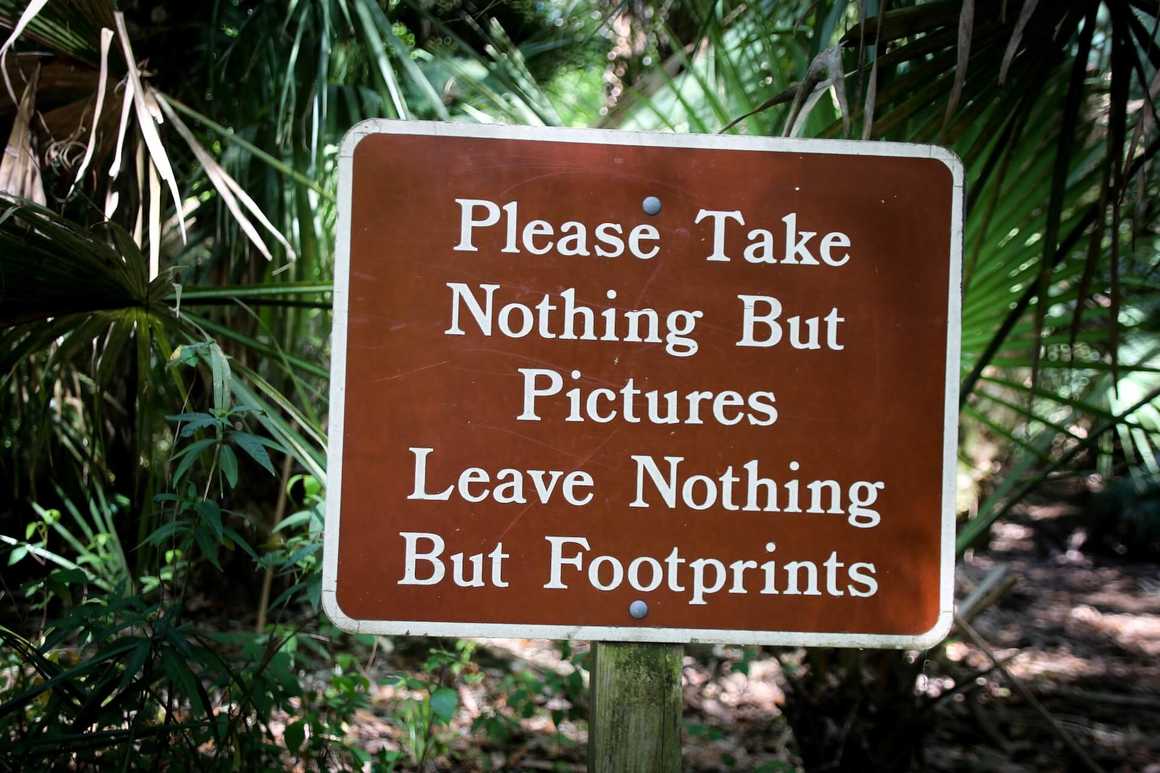
As far as possible, use environmentally friendly products
Support the local economy
Treat your hosts with respect
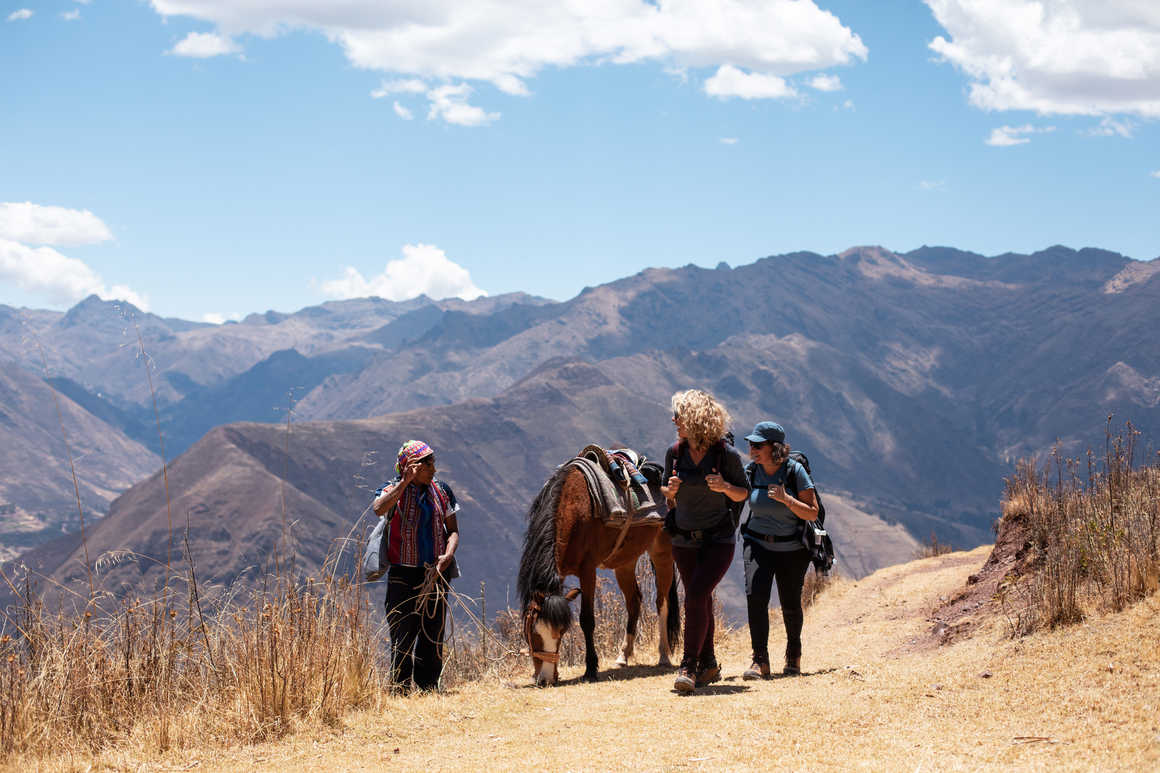
Conserve precious local resources
Trek with a company that is environmentally, culturally and ethically responsible
Kandoo Adventures: a tour operator that takes responsible travel seriously
Here's why Kandoo Adventures is a top choice for responsible travellers and trekkers like yourself.
We have our own charitable enterprise (Kandoo Foundation) that supports the communities in which the people who help us and their families live, around the world; we’re committed to paying our porters and crew proper wages and treating them with dignity and respect; we’re BIG into conservation; and we’re proud supporters of the ‘Leave No Trace’ and ‘Travellers Against Plastic’ campaigns.
If you want to enjoy the best possible mountain trekking experience without harming your destination’s environment or inhabitants, all you have to do is give us a shout. It’s the responsible thing to do.
